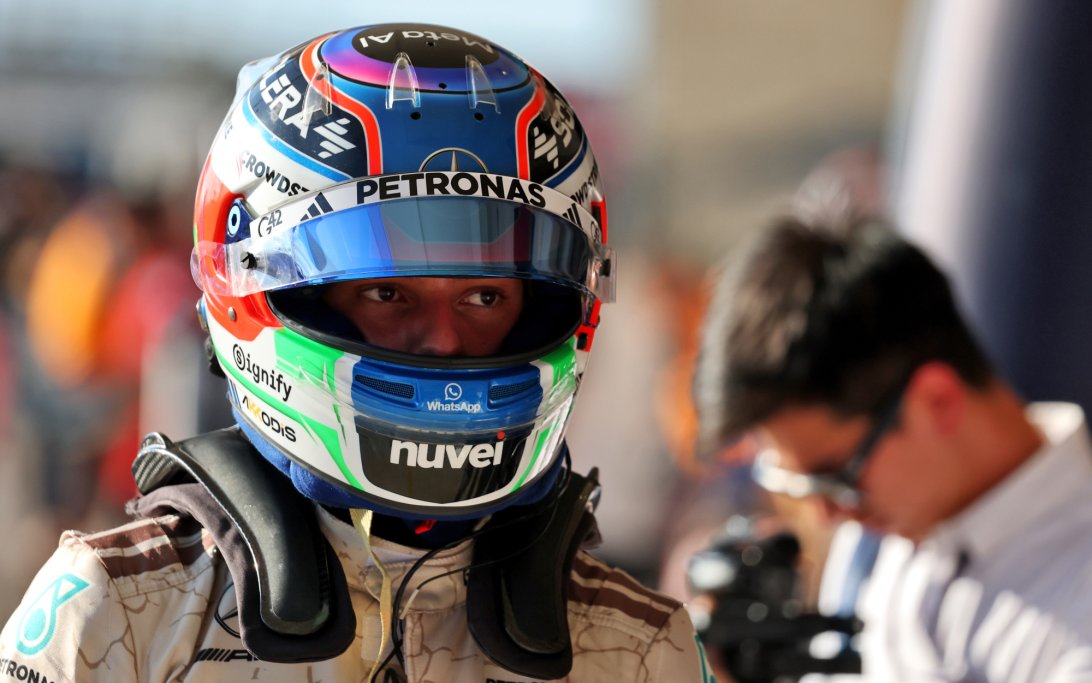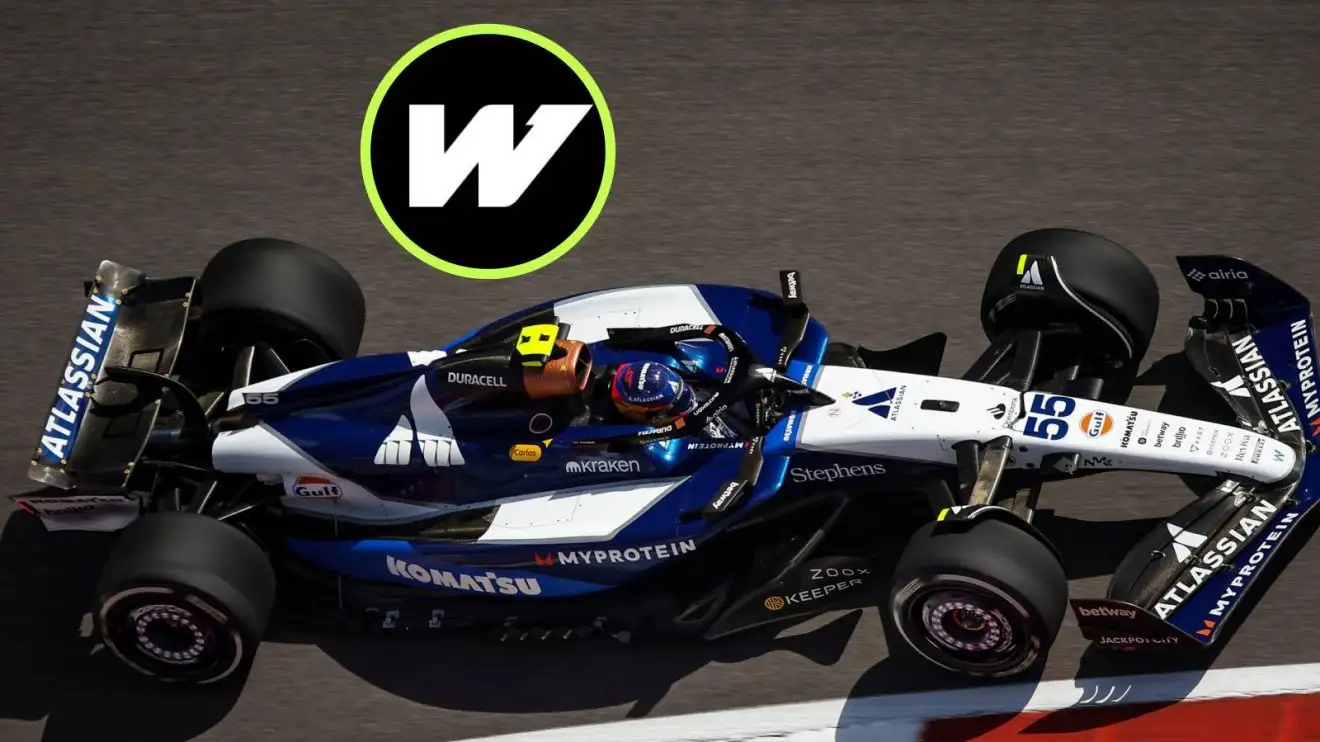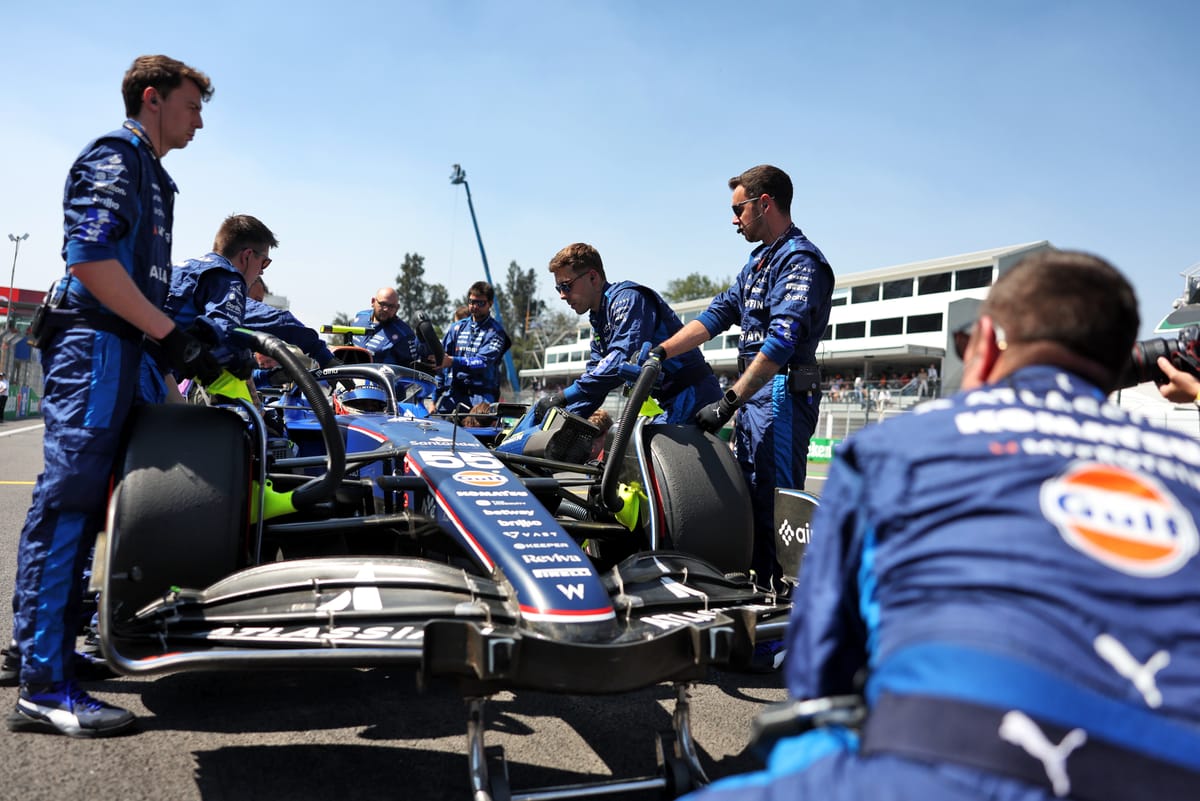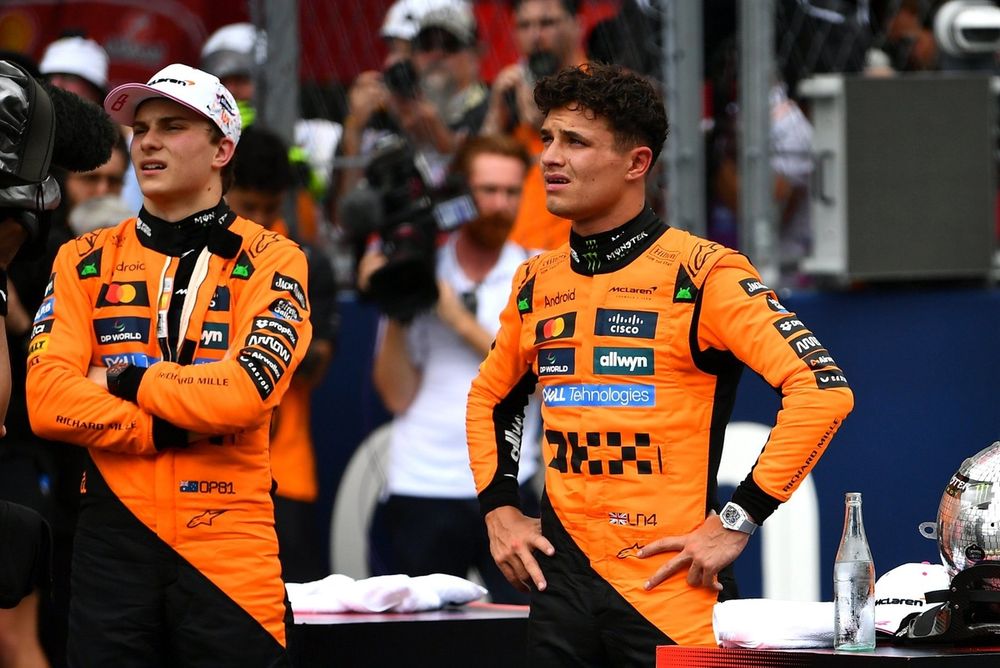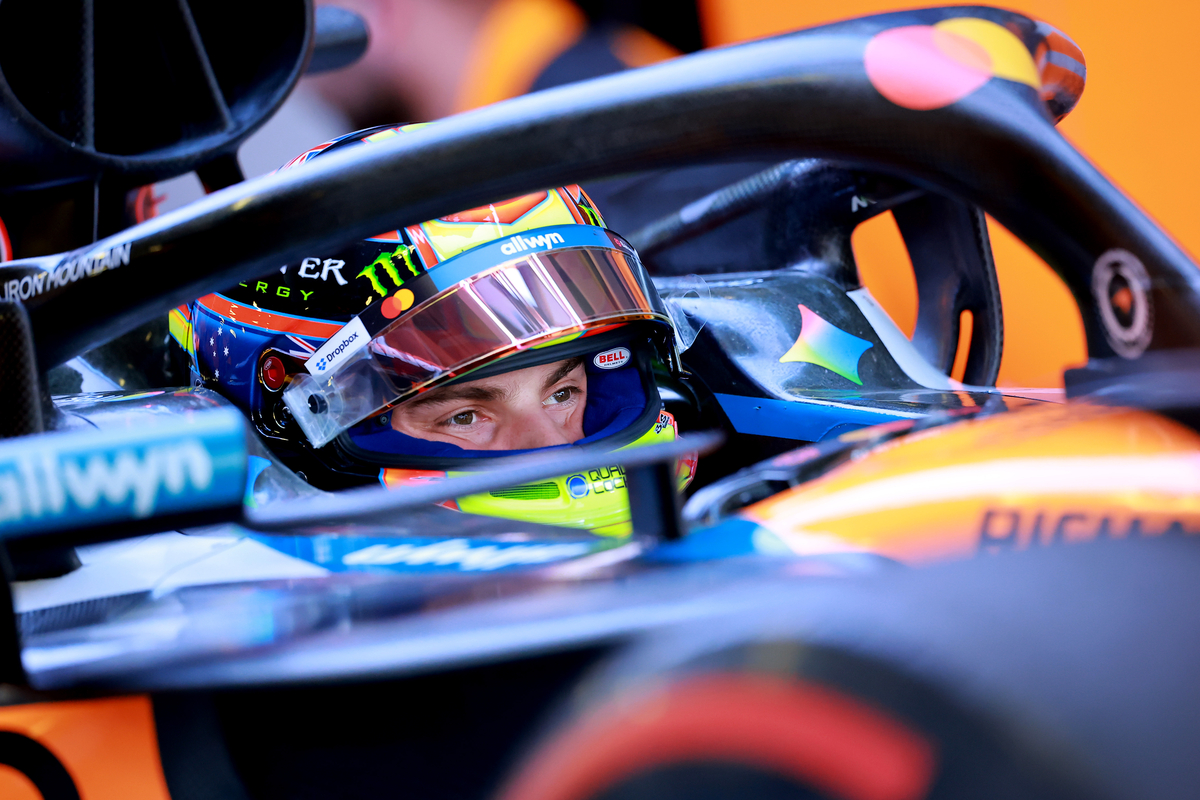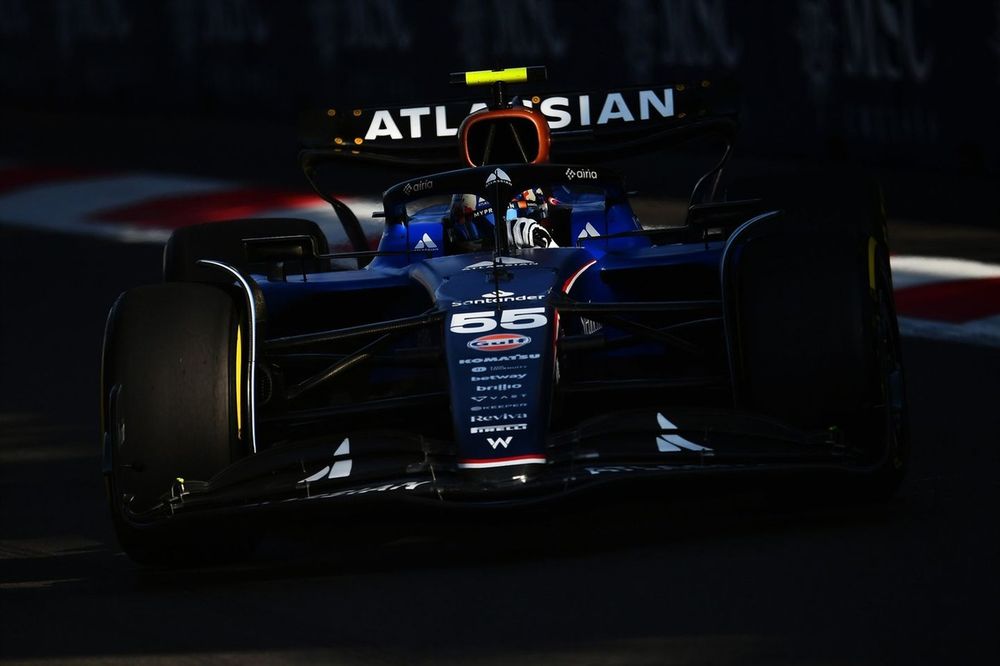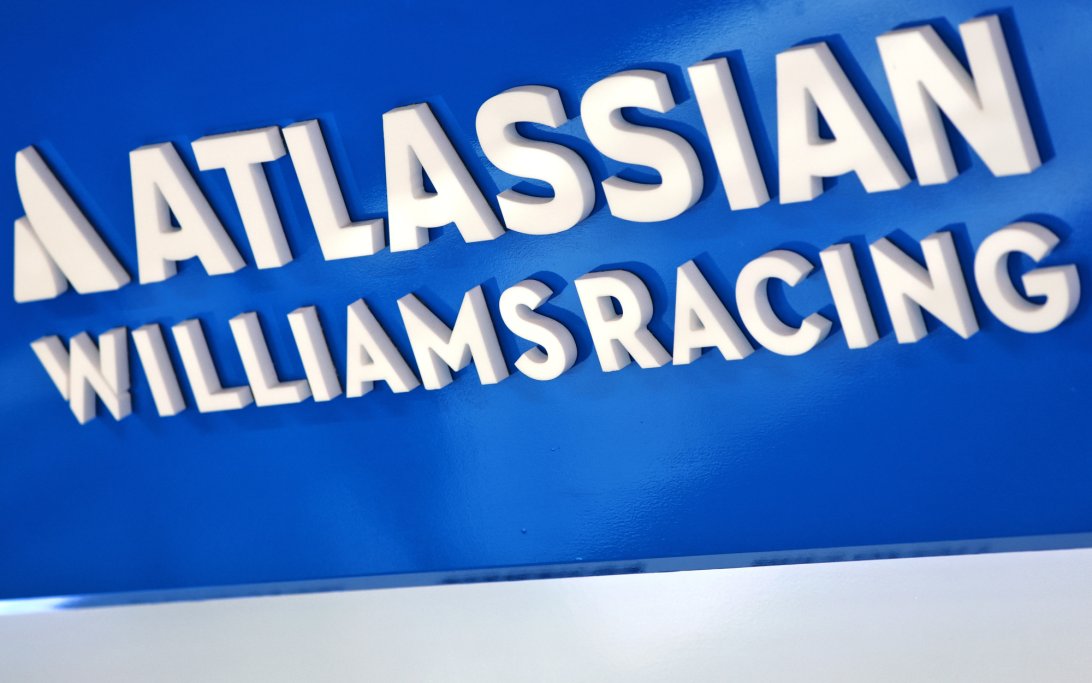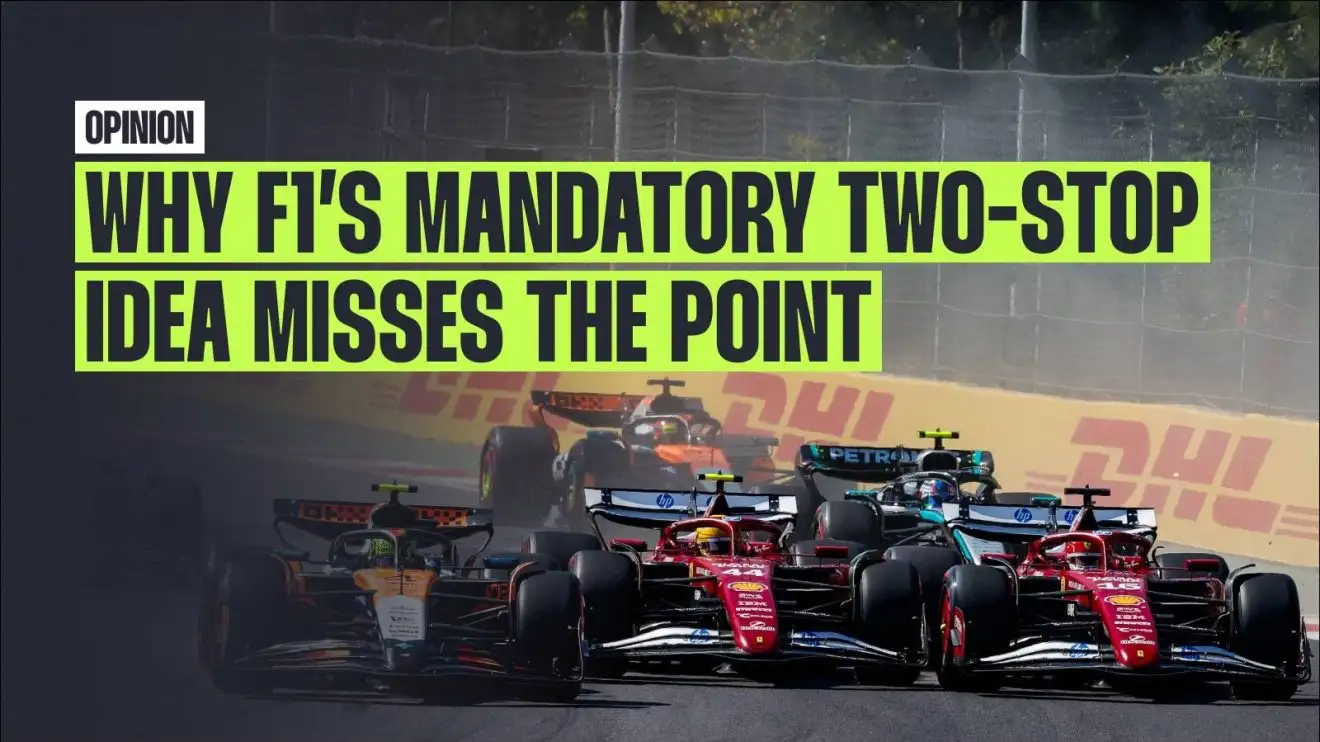
F1's Mandatory Two-Stop Idea Misses the Mark
Formula 1 is reportedly considering a mandatory two-stop strategy, but critics argue the sport should instead focus on enhancing genuine strategic variability rather than imposing artificial constraints.
Why it matters:
After years of optimizing pit stops and tire management, a single-stop strategy has become the norm, leading to predictable races. While the aim is to boost excitement, a mandatory two-stop rule could inadvertently make races even more monotonous by forcing teams into uniform strategies rather than encouraging genuine strategic gambles.
The Details:
- The Proposal: The concept of a mandatory two-stop strategy is being discussed at the F1 Commission, with proponents hoping it will introduce more strategic options and force teams to use all three tire compounds supplied for a Grand Prix weekend.
- Current Reality: Most recent F1 races have been won with a single-stop strategy, as slow pit lane limits and durable Pirelli tires discourage extra stops. The current rules already mandate at least one stop by requiring the use of two different dry compounds.
- Monaco Experiment: A mandatory two-stop was introduced at the Monaco Grand Prix this year to prevent a processional race. However, teams used their second cars to create gaps for stops, and the concept was largely met with negativity.
- Artificiality Concerns: Critics argue that adding more mandatory stops further contributes to the artificiality that has crept into F1, moving it away from a sport primarily about engineering excellence towards pure entertainment.
- Reduced Variability: Such a rule removes one of the few remaining areas of variability that can decide a Grand Prix outcome, especially with modern Pirelli tires having extended longevity.
Between the lines:
F1 has increasingly moved towards performance parity, as seen in the 2026 power unit regulations which allow struggling teams greater development opportunities. In a sport where performance differences are slim, strategic gambles are one of the last remaining avenues for genuine excitement. Pirelli's Mario Isola noted that even when teams are asked to predict strategies with more constraints, they often converge on the same approach, suggesting that more mandates will only lead to more predictable outcomes.
What's next:
Instead of imposing more stops, the focus should shift to the tires themselves. Drastically reducing tire life to ensure greater degradation and larger performance offsets between compounds could genuinely encourage diverse strategies. This would make it uncertain whether a one-stop (with significant management) is faster than an aggressive two-stop. Allowing teams complete freedom over tire usage, without mandated compounds, could open up exciting, truly unpredictable race scenarios where drivers might even attempt daring non-stop strategies, harking back to F1's engineering roots.
Original Article :https://www.planetf1.com/news/f1-mandatory-two-pit-stops


